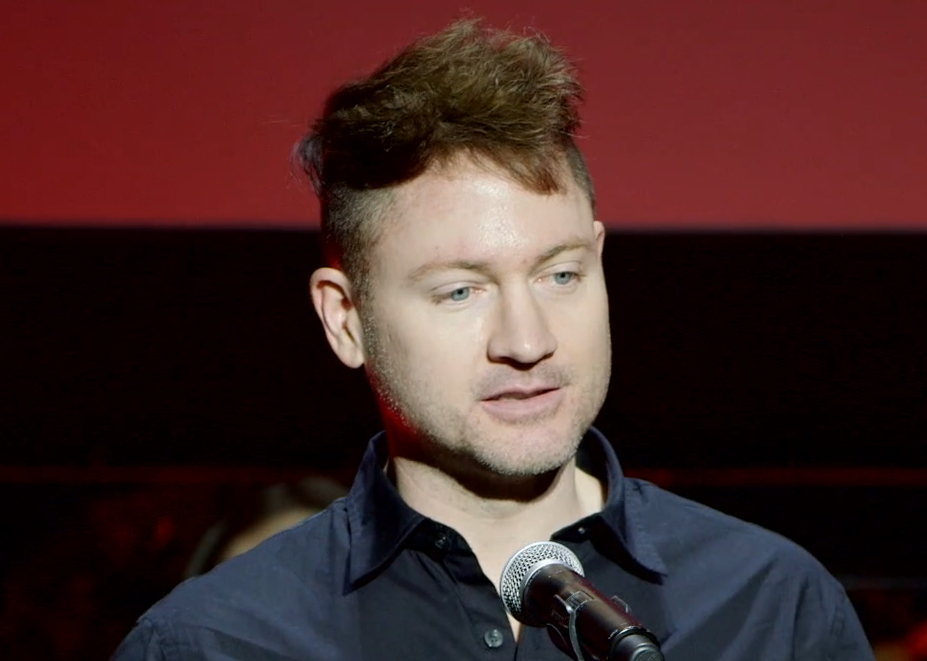Delve into the extraordinary world of a tech mogul’s relentless pursuit of eternal youth, where science and controversy collide in a captivating tale.

Unveiling the Secrets
In a shocking revelation, a longevity-obsessed tech millionaire has discontinued a de-aging drug due to concerns that it was paradoxically accelerating his aging process. Bryan Johnson, a 46-year-old entrepreneur, has spent years and millions of dollars on a quest to reverse the effects of time and achieve a youthful physique.

A Shocking Revelation
Despite the immense potential promised by pre-clinical trials, Johnson’s team concluded that the benefits of lifelong dosing of rapamycin, a controversial anti-aging supplement, did not outweigh the substantial side effects. These included skin infections, lipid abnormalities, glucose elevations, and an increased resting heart rate. Shockingly, after years of taking the drug, new research suggested it might be doing the opposite of what Johnson intended.

The Paradox Unveiled
In a startling twist, Johnson tweeted about discontinuing rapamycin, a supplement he once hailed as a potential longevity breakthrough. Despite his team’s efforts to adjust the dosage, the side effects persisted, leading them to suspect the drug itself as the culprit. This revelation exposes the paradoxical nature of Johnson’s obsession – his relentless pursuit of youth may have inadvertently accelerated the very aging process he sought to reverse.

Chasing Immortality: At What Cost?
Johnson’s fixation with longevity has led him down a controversial path, including using his own teenage son’s blood for transfusions and subjecting himself to bizarre self-experimentation. As the subject of a recent Netflix documentary, Johnson’s extreme measures raise ethical questions about the lengths one might go to defy nature’s course. But at what cost does this pursuit of eternal youth come?

The Elusive Fountain of Youth
While some of Johnson’s longevity practices, such as a healthy diet and exercise, are relatively conventional, his experiments on himself are far from ordinary. From shock treatments on his genitals to conjure youthful erections to using his son’s blood for transfusions, Johnson’s quest for the fountain of youth has taken him down uncharted and ethically murky waters. As the physical results of his self-experimentation remain uncertain, one can’t help but wonder: is the pursuit of eternal youth worth the risks?

Defying Nature’s Course?
Johnson’s obsession with reversing the aging process has led him to found a health and wellness startup called Blueprint, where he peddles expensive longevity supplements and protein powders. While the company’s offerings may seem mundane, the story behind their creation is anything but ordinary. As Johnson’s appearance transforms, resembling a vampire by his own admission, one can’t help but question the wisdom of defying nature’s course through such extreme measures.

When Science Meets Controversy
The case of Bryan Johnson highlights the intersection of science and controversy in the realm of life extension. While the potential benefits of anti-aging treatments are tantalizing, the risks and ethical implications cannot be ignored. As Johnson’s journey illustrates, the pursuit of longevity can lead down a rabbit hole of unintended consequences and questionable practices, leaving us to ponder: is the quest for eternal youth worth sacrificing our humanity?

The Pursuit of Eternal Youth: A Cautionary Tale
In the end, Bryan Johnson’s story serves as a cautionary tale about the obsession with longevity and the lengths some may go to defy the natural aging process. While the allure of eternal youth is undeniable, his experiences raise critical questions about the potential dangers and ethical boundaries of such pursuits. As science continues to push the boundaries of what is possible, it is crucial to consider the broader implications and ensure that the quest for longevity does not come at the expense of our humanity.















